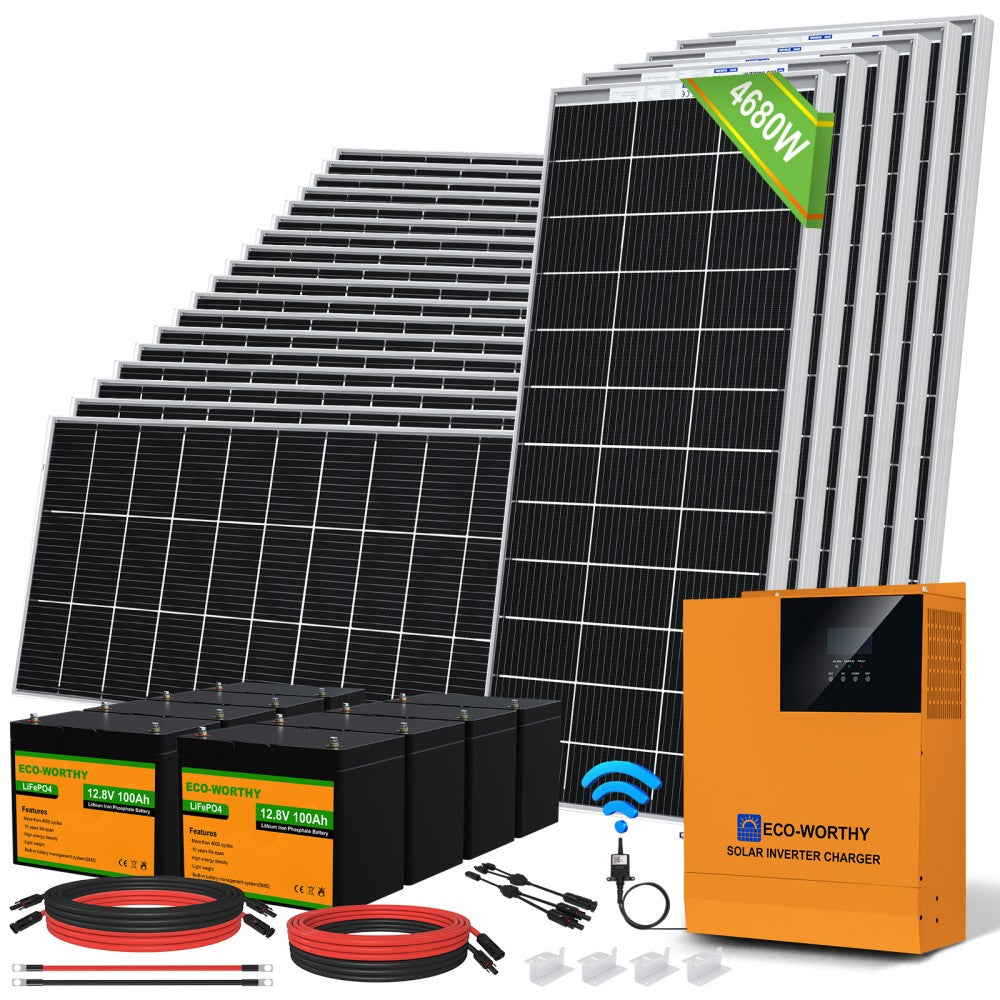The Essential Guide to Off-Grid Solar Systems: Choosing the Right Components
الجسم
As the world increasingly turns towards sustainable energy solutions, off-grid solar systems have gained significant popularity. These systems allow individuals and communities to harness solar energy independently, providing a reliable power source without reliance on traditional grid systems. In this guide, we will explore the essential components of off-grid solar systems and offer insights into selecting the right setup for your needs.

Understanding Off-Grid Solar Systems
What exactly is an off-grid solar system? In simple terms, it is a solar power setup that operates independently of the electrical grid. This means that the energy generated is used on-site, and any excess can be stored for later use. Off-grid solar systems are particularly beneficial in remote areas where grid access is limited or non-existent.
Key Components of Off-Grid Solar Systems
To effectively harness solar energy, several key components are necessary:
- Solar Panels: These are the primary components that capture sunlight and convert it into electricity.
- Charge Controller: This device regulates the voltage and current coming from the solar panels to prevent overcharging the batteries.
- Batteries: Energy storage is crucial in off-grid systems. Batteries store excess energy for use during cloudy days or at night.
- Inverter: This component converts the direct current (DC) from the solar panels and batteries into alternating current (AC), which is used by most household appliances.
Choosing the Right Solar Panels
When selecting solar panels for your off-grid solar system, consider factors such as efficiency, durability, and warranty. High-efficiency panels may have a higher upfront cost but can provide more energy in limited space. Additionally, ensure that the panels are rated for the environmental conditions in your area.
Battery Selection for Off-Grid Systems
The choice of batteries is critical in an off-grid solar setup. Lead-acid and lithium-ion batteries are the most common options. Lead-acid batteries are generally more affordable but have a shorter lifespan compared to lithium-ion batteries, which offer greater efficiency and longevity. Assess your energy needs and budget to make an informed decision.
Final Thoughts on Off-Grid Solar Systems
Investing in an off-grid solar system can be a transformative decision, providing energy independence and sustainability. By understanding the essential components and making informed choices, you can create a system that meets your energy needs effectively. For those looking to explore various options, consider visiting  for a range of off-grid solar kits tailored to different requirements.
for a range of off-grid solar kits tailored to different requirements.
In conclusion, the journey towards energy independence through off-grid solar systems is both rewarding and practical. With the right components and careful planning, you can enjoy the benefits of renewable energy while contributing to a more sustainable future.








تعليقات